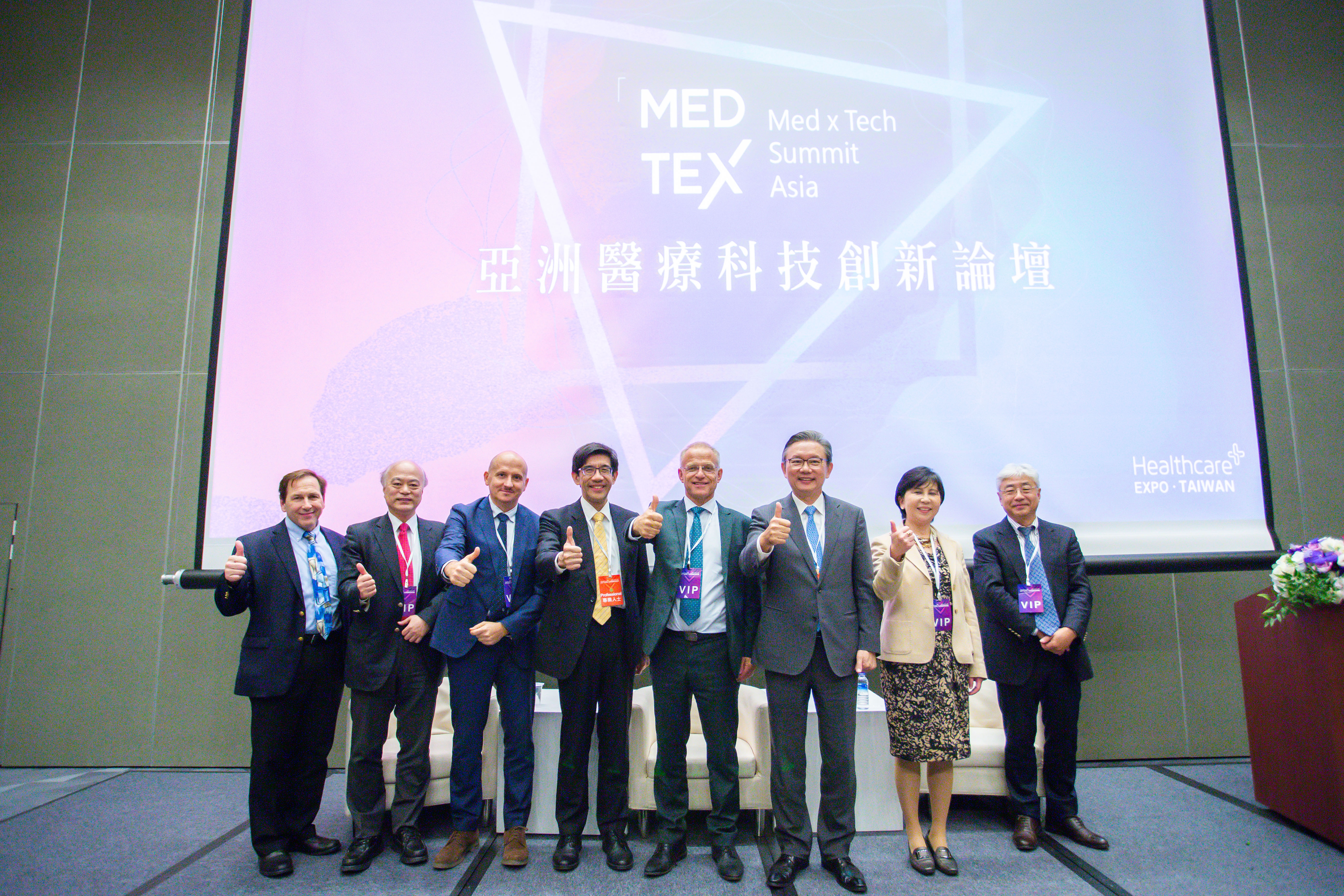
‘New Vision for Cell Therapy’ drew a conclusion that the supply chain remain a key challenge in terms of manufacturing and commercialization.
2020-01-10
Leading experts in cell-based therapy, including a Japanese scientist Mari Dezawa known for her Muse cell research, presented in ‘New Vision for Cell Therapy’ and drew a conclusion that the supply chain remain a key challenge in terms of manufacturing and commercialization.
Shin Kawamata, representing the Foundation for Biomedical Research & Innovation (FBRI), Japan, outlined FBRI’s strategy and explained its initiatives to steer Japanese cell therapy suppliers towards excellence. Cell processing (CPC) is sophisticated, FBRI has been dedicating to CPC services meeting PIC/S GMP and clinical standards and what global supply chain requests, said Dr Kawamata.
Massimo Dominici, past president of the International Society of Cell and Gene Therapy (ISCT), mentioned that despite having thousands of products introduced by cell and gene therapy R&D, the number of go-to-market ones remains scarce. During his speech, Dr Dominici commented that pricey cell and gene therapy, CPC, CMC (Chemistry, Manufacturing and Controls), technology transfer resulted in cGMP certification behind schedule, unit costs and health insurance pend on further improvement.
Markus Kalousek from Novartis, shared CAR-T cell using in cancer treatment. Although the first-ever FDA approved CAR-T cell therapy led by Novartis has been on the spotlight, a burning question soon pops out: how fast the supply chain can catch up with the latest development? Cell therapy is to turn living organism into ‘drugs’, he explained, which is why it is extremely important to coordinate manufacturing and logistics involving the whole supply chain- from production, storage to delivery.
Mari Dezawa articulated her breakthrough discovery in Muse cells and what they can do clinically at the moment. Yutaka Kawakami, Chairperson of Japanese Association of Cancer Immunology (JACI) then highlighted CAR-T, TCR-T and Adoptive Cell Therapy out of six immunotherapy-for-cancer research areas, followed by Jeffrey Weitzel at City of Hope Cancer Centre, presented clinical applications upon the breast cancer gene (BRCA) and cfDNA.
